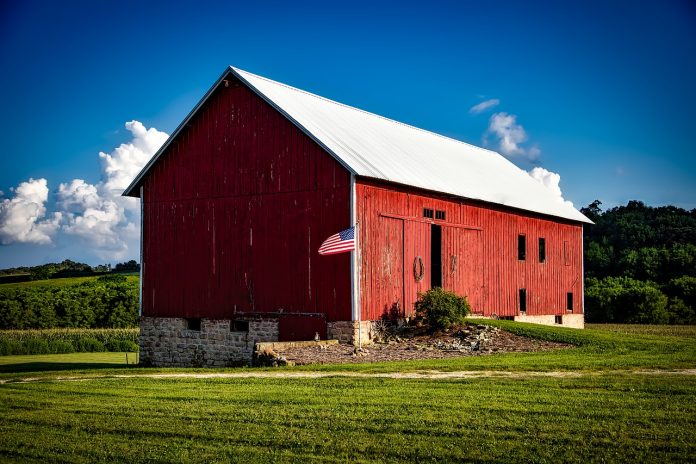In this space on Feb. 2, 2014, I offered a blunt assessment of the just-passed (and still current) Farm Bill and its key handler, Frank Lucas, an Oklahoma Republican who was chairman of the House Ag Committee.
In particular, I criticized Lucas’s description of the legislation that he and his Senate counterpart, Michigan Democrat Debbie Stabenow, had pieced together after three years of yin, yang and yakking.
The 2014 law, Lucas said, was “historic,” “amazing,” “miraculous,” and “a reform bill.”
A more accurate adjective, I suggested, would be “easy” because the ag committees wrote a bill that didn’t touch the toughest issues facing American farmers and ranchers: crop insurance’s inability to either slow or reverse falling farm income, the increasingly inarguable impact of climate change, and the clear need for sustainable farm policies that “make soil and water as important as corn and soybeans.”
A different bill, one that addressed any or all of these big-and-sure-to-get-bigger problems, I added, would have been worthy of Lucas’s bombast.
That bill, however, wasn’t passed by Congress in 2014. Nor will it be in 2018. Both Republican ag committee chairmen, Kansan Pat Roberts in the Senate and Texan Mike Conaway in the House, have promised a 2018 Farm Bill that’s essentially a 2014 clone.
As such, its key elements will be unbridled production and lower commodity prices, more farm and corporate consolidations, fewer and bigger farmers, and more trouble and woe for fast-fading rural communities.
Outcomes
Those aren’t predictions; they are results of the 2014 law.
As such, if the 2018 Farm Bill is a photocopy of it, why would anyone expect any different outcomes short of a calamity like drought, flood or war that could lift grain and livestock prices?
That means market trends funded under the crop insurance-heavy, 2014 Farm Bill will get more fuel to grow in 2018.
For example, since the 2014 Farm Bill became law:
- U.S. net farm income has collapsed from $123 billion in 2013, the year Congress put the bill together, to a forecasted $60 billion in 2018.
- Farmers cut crop diversification; planted soybean acres climbed from 83.7 million in 2014 to 90.2 million in 2017 and planted wheat acres tumbled from nearly 57 million in 2014 to 46 million last year.
- And Congress greatly expanded a standing milk “assistance” program and created out-of-whole-cloth a “cotton seed” program that will cost an estimated $1.2 billion over the next decade.
That latter action, the need for Congress to spend more than a $1 billion to bail out two farm sectors suffering under the current law, is a reinforcing fact that the 2014 Farm Bill is failing in one of its core missions: the elimination of costly, ad hoc disaster programs.
There’s no other way to explain the additional (yet still needed) spending.
Of course, few in Congress recognize the $1 billion as a bailout. To do so would, first, suggest that those who voted for the 2014 law might have been wrong and, second, looking past the bailout makes it blindingly easier to vote for the similar 2018 Farm Bill.
In the short-term, however, neither rich fix addresses the underlying problem that required the new spending: too much production.
Some dairy farmers told their U.S. senator, Democrat Tammy Baldwin, exactly that in a Feb. 19 meeting covered by La Crosse Tribune, Wisconsin.
“While farmers said the tweaks” — the changes to the Farm Bill’s dairy program — “should help,” reported the Tribune, “they don’t view the program as an industry solution.”
“‘It really doesn’t fix the situation,’ (a dairyman) said. ‘We’ve got too much milk.'”
Another concerned constituent, noted the Tribune, pushed for more exports, noting “‘We’re not going to eat our way out of this domestically.'”
A third chimed in with an even simpler way: “‘If there isn’t a market for food,'” he said, “‘we shouldn’t be producing it.'”
Now that’s how you do blunt.














